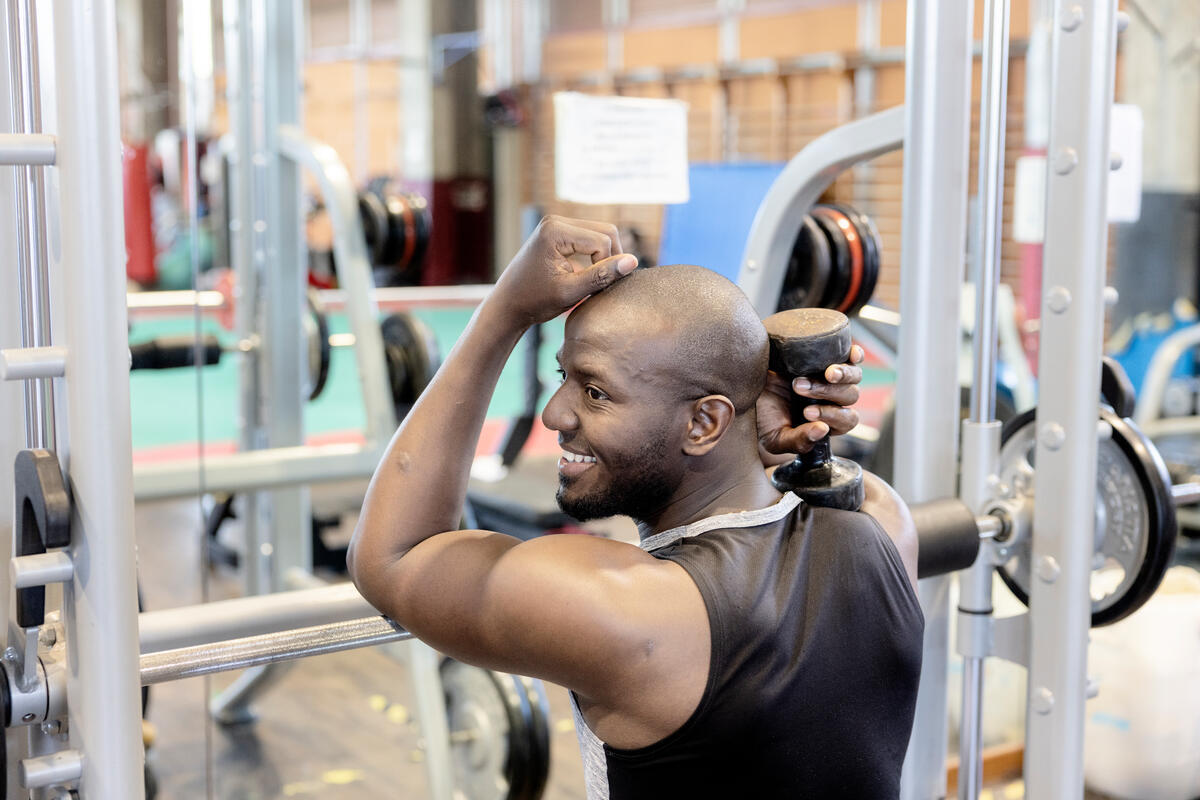France: steps toward solutions at Sangatte
France: steps toward solutions at Sangatte
Efforts to find solutions for people in the Sangatte reception centre, near Calais in northern France, are starting to produce results. UNHCR now has seven interview teams operating in the centre. After an initial process of informal consultations and information sharing with the Sangatte population, the process of full, systematic, one-on-one interviews with all the residents began 10 days ago. Between then and yesterday, a total of 280 cases have been interviewed by the UNHCR teams. Since some cases involve families, the total number of individuals covered so far is more than 300. Interviews are now proceeding at an average rate of 40-45 cases per day.
The process is enormously complex. There are around 40 different nationalities in the centre, including 20 represented by only one or two individuals. However, UNHCR has deployed staff whose language ranges cover a very large proportion of the residents, including Arabic, Farsi, Dari and Pashto (the two main Afghan languages), Turkish, and the Kurdish languages. Interpreters are being used for other languages. More than 60 percent of the residents claim to be from Iraq, around 15 percent from Afghanistan and 5 percent from Sudan.
In all there are now around 1,900 people with valid badges. Under a tighter system introduced after the centre was closed to new arrivals, people who spend a period of more than 72 hours away from Sangatte lose their badge, and with it the right to reside in Sangatte. There are currently around 1,500 people in the centre at meal times.
So far, 80 people have made asylum claims since the 5 November cut-off date for new arrivals, and are awaiting transfer out of the centre in accordance with an agreement between UNHCR and the French government. An additional 46 people who applied for asylum prior to the cut-off date have already been moved to accommodation elsewhere in France.
During the period prior to the cut-off date, UNHCR staff were also concentrating on identifying particularly vulnerable cases, including unaccompanied minors. UNHCR then referred these cases to the French authorities and the Red Cross, so that they could be transferred to more suitable accommodation without delay. In co-operation with the Red Cross, identified unaccompanied minors have now been, or will shortly be, transferred out of the centre to specialized accommodation.
Other vulnerable cases identified so far include a paralysed Iraqi man who was unable even to use the shower facilities in Sangatte. He has now been taken elsewhere. One particularly vulnerable woman, believed to have been tortured in her country of origin and badly in need of medical attention, had also been in the centre with her three young daughters for several weeks undetected. She has also now been removed from Sangatte. It is believed that her husband may already have been authorized to remain in another European country, and UNHCR is actively exploring the possibility of family reunification.
UNHCR offices in London, Berlin, the Hague, Vienna and Paris are also already involved in trying to facilitate solutions for 35 other family reunification cases or for people who have pending asylum claims in those countries. UNHCR discovered, after checks with its Vienna office, that one man had already been recognized as a refugee in Austria - but had already left before learning of the decision. After UNHCR had arranged for him to receive the necessary travel documents, he will return to Austria on Monday.
A total of 12 Afghans in Sangatte have now taken advantage of the voluntary repatriation package offered by the French government and returned to Afghanistan. Another three Afghans living outside the centre - including one who has lived in France for 15 years - have also opted to go home.








